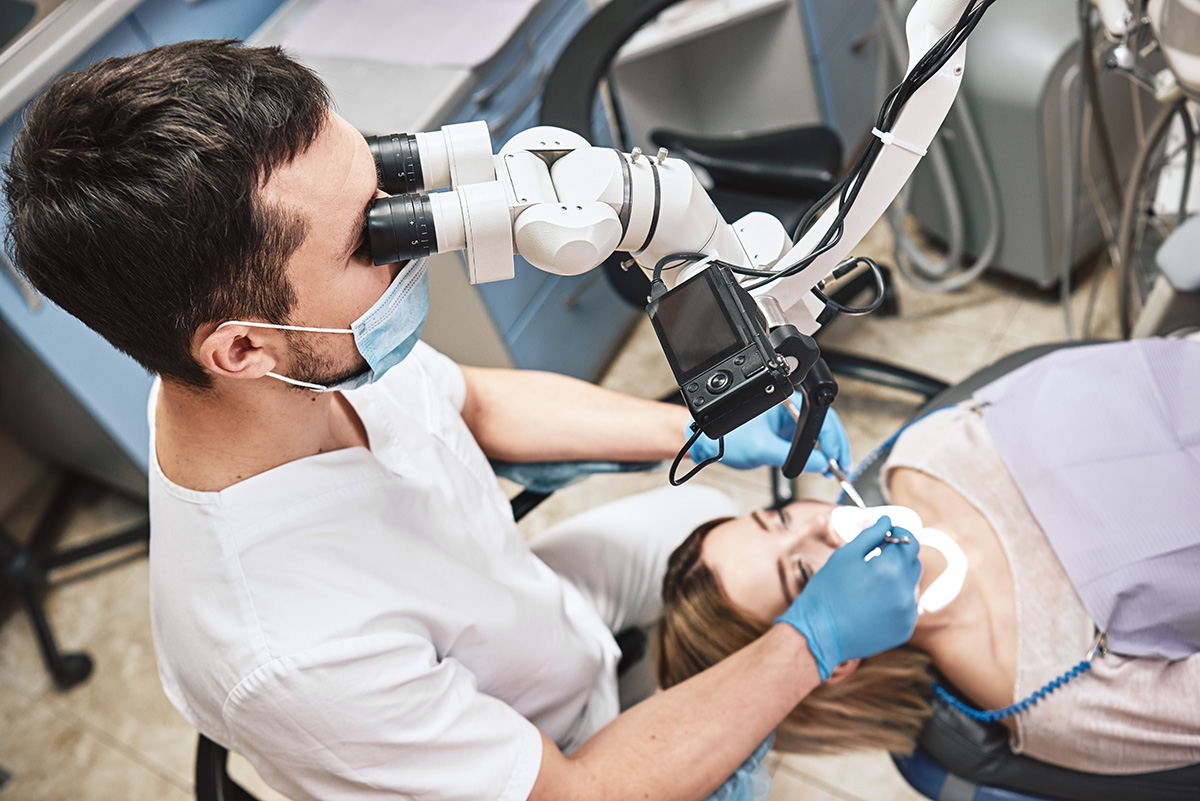Oral surgeries are common. An oral surgical procedure can involve teeth, jaws, or gums and is something that many people will have done at least once or twice in their life. Consider some common forms of oral surgery in Houston and the surrounding area.
What Is Oral Surgery?
Oral surgery is a surgical procedure done around the mouth and jaw. It might be reconstructive surgery, cosmetic, or relate to diseases such as infection or cancer.
Oral surgery requires specialized dental and surgical training, and there are subspecialties, such as.
- Cosmetic facial surgery
- Cranio-maxillofacial trauma
- Maxillofacial regeneration
- Head and neck cancer
An oral and maxillofacial surgeon can treat any issue that involves the mouth, jaw, head, and neck plus structures associated with them.
What Are the Training Requirements for Oral Surgeons?
It starts with a standard four-year college education. From there, the next step is dentistry school to get a professional degree in that field.
Oral and maxillofacial surgeons also undergo a four to six-year surgical residency that includes specialty training in various surgical programs. Following their residency, oral surgeons have the option to take an additional one to two years of training in a subspecialty such as microvascular reconstruction or craniofacial surgery.
What Are Four Common Oral Surgeries?
The list of possible oral surgeries is long, but some are common, such as:
- Tooth Extraction: There are a lot of reasons a tooth might need to come out, which is why it is one of the more common types of oral surgery. The surgeon uses a numbing agent during tooth extraction, so you feel no pain as they remove the tooth. It may be necessary to clean the socket that held the tooth out and then suture the wound closed.
- Wisdom Teeth Removal: Wisdom teeth are the last set of molars that start coming in at around age 17. For many people, wisdom teeth are fine. If they don’t cause a problem, they can stay in place. Some choose to remove them to avoid issues later in life, though, like cavities. Since the wisdom teeth are far back in the mouth, they can be difficult to clean. However, wisdom teeth don’t always come in the right. They may crowd the nearby teeth, for example, pushing teeth together and changing tooth the alignment. They may also fail to emerge through the gum, causing pain, inflammation, and potential infection. During wisdom teeth extraction, you can expect light sedation to help with pain and anxiety. Once the molars are out, recovery time is just a few days.
- Dental Implants: Dental implants are posts that go through the gum into the jaw. Their purpose is to support a prosthetic tooth that will replace a lost one in a visible location. The oral surgeon places the post into the jawbone. Sometimes, it may be necessary to do a bone graft to make the jaw stronger, as well. Once the post is in place and secure, a cosmetic dentist will create and set a replacement tooth.
- Root Canal: Root canals are likely the most common oral surgery performed. During a root canal, the oral surgeon removes infected dental pulp from the tooth and any decayed enamel. Once the pulp is out, a crown goes on top of the root to reconstruct the damaged tooth.
Oral Surgery at Lovett Dental Conroe
Lovett Dental Conroe hires some top oral surgeons in the country. We offer a full-service, family dental practice that includes many specialists like a maxillofacial surgeon.
The other specialists at our multidisciplinary dentistry include:
- Pediatric
- Orthodontist
- Periodontist
- Endodontist
If someone in your family needs an oral surgeon in Houston, call us at 936-760-2400 or go online and fill out our contact form. The expert staff at Lovett Dental Conroe is waiting to answer your questions.







